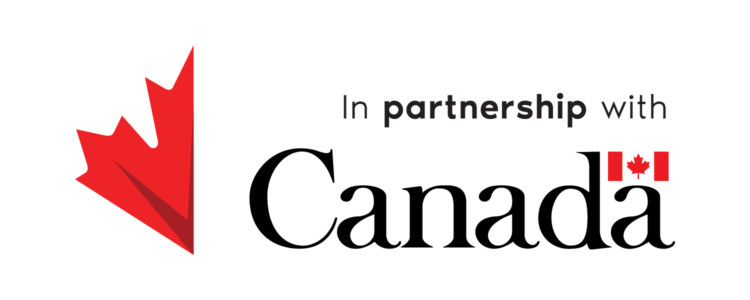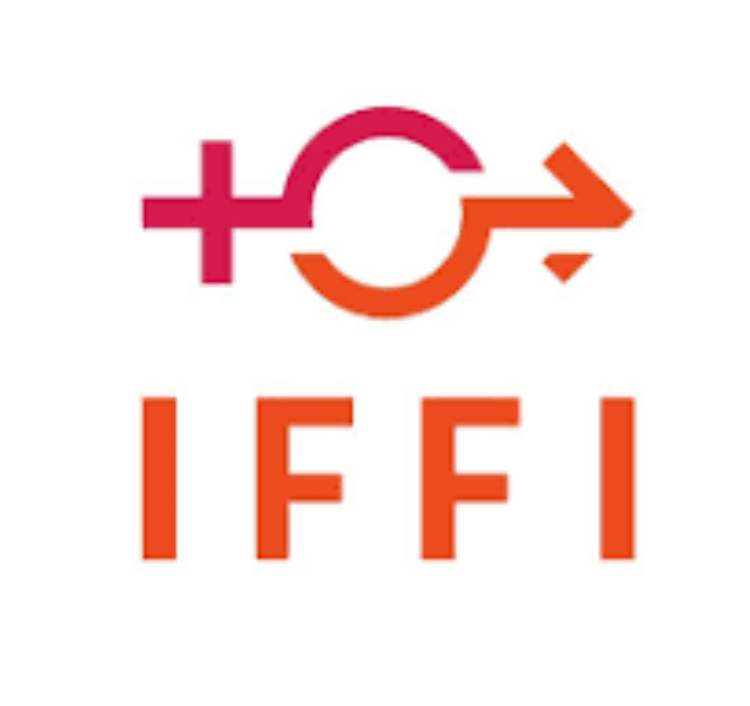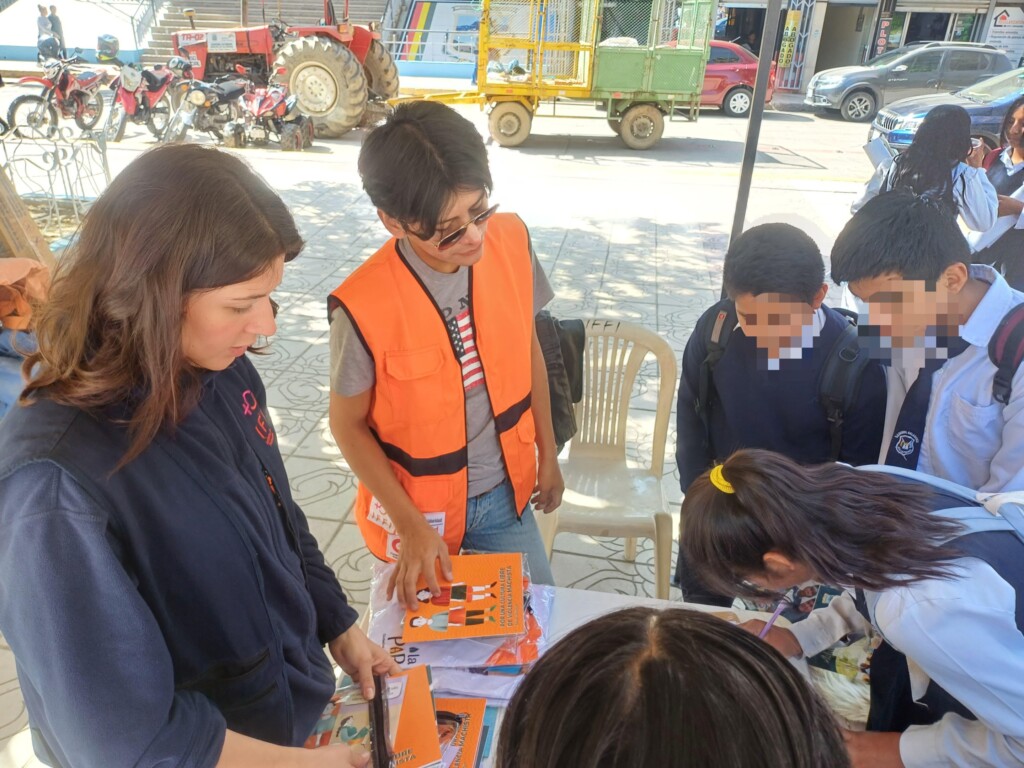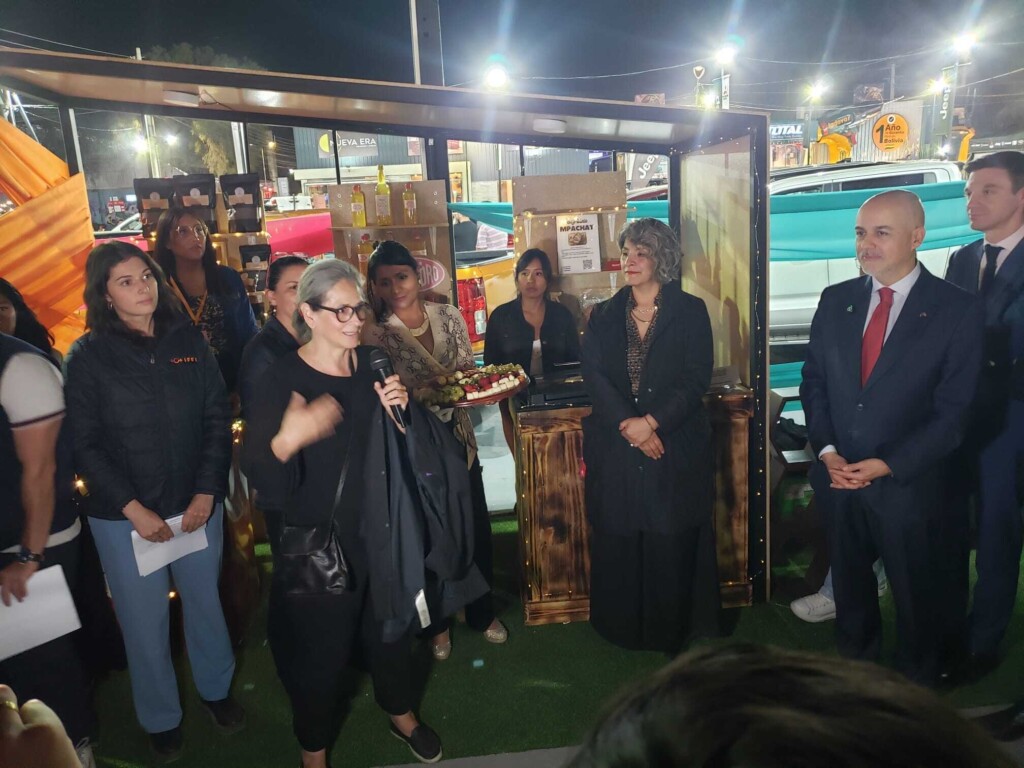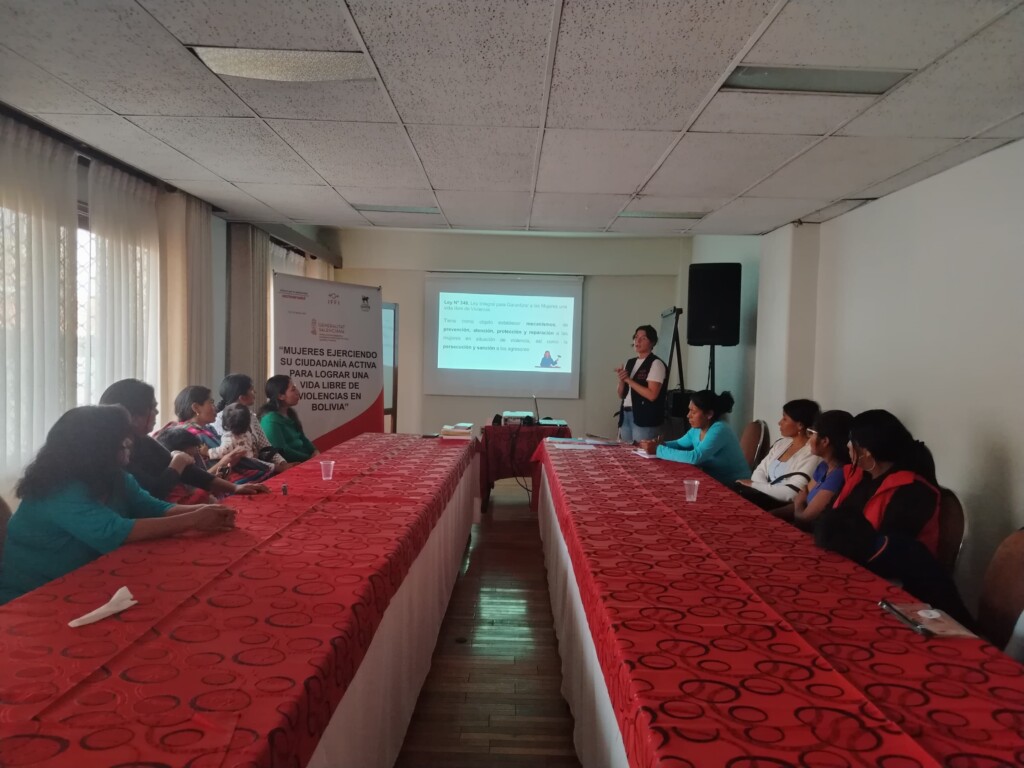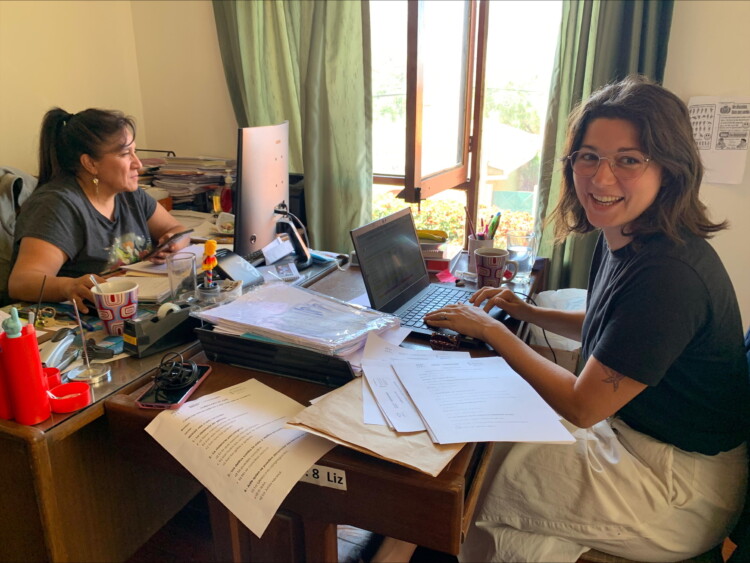
Success story
Raising Voices: Advocacy, Gender, and Justice in Bolivia
By Tessa, volunteer supporting feminist advocacy in Cochabamba, Bolivia
In Cochabamba, Bolivia, women’s collectives meet every month to denounce violence, defend their rights, and make their voices heard in the public sphere. Working alongside the feminist partner organization Instituto de Formación Femenina Integral (IFFI), Tessa had the privilege of supporting these efforts and witnessing their transformative power. As a volunteer focused on gender-based advocacy, she contributed to a mission that seems simple on the surface but is profoundly political: strengthening women’s rights in a context where they are still too often violated.
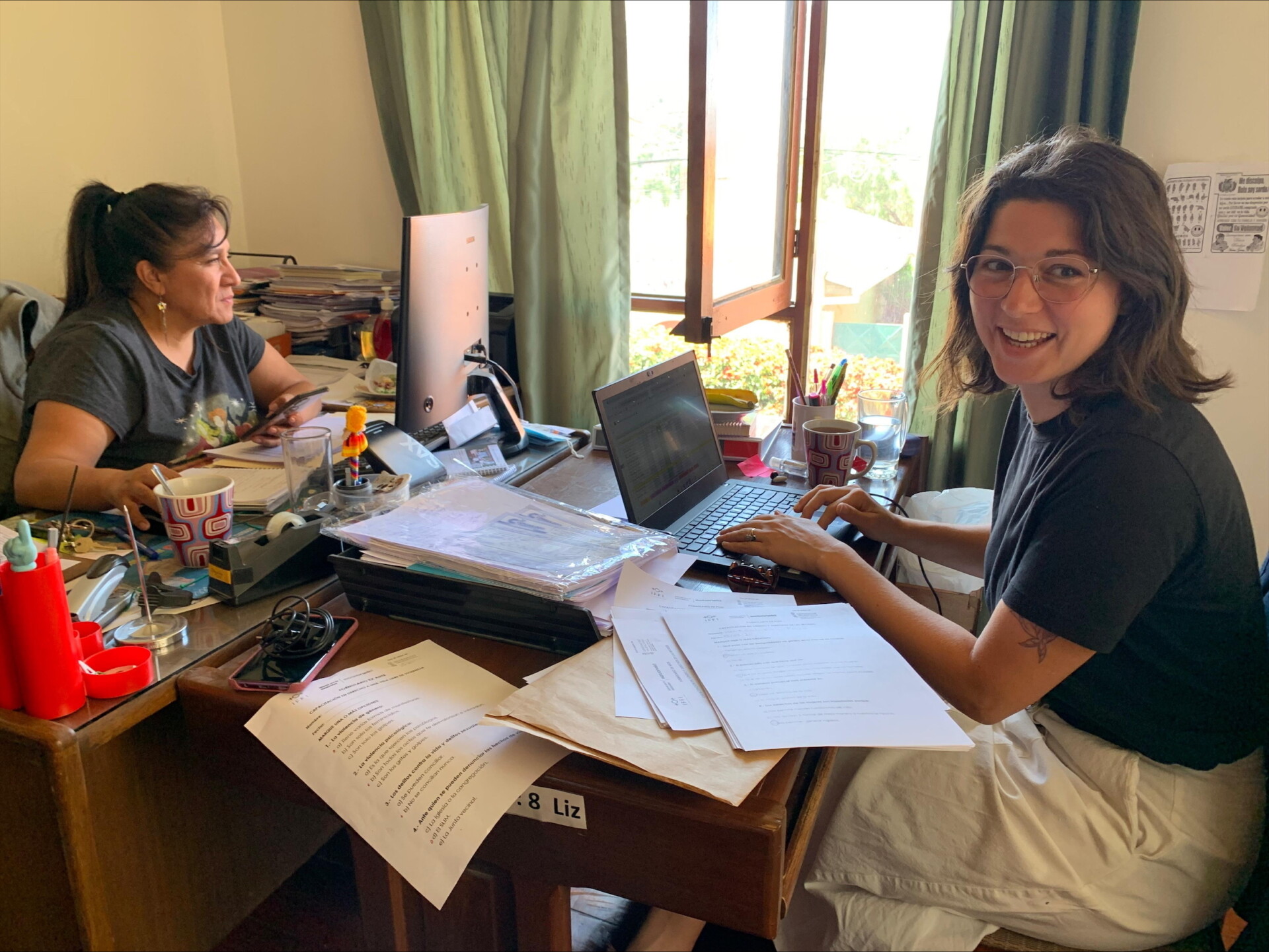
Feminist Advocacy in the Plural
IFFI, the partner organization where Tessa works, has been supporting women in Cochabamba for over 40 years—young women, mothers, heads of households, and survivors of violence alike. Their projects cover political education, labour rights, economic security, and civic participation.
In this context, a gender-based approach is not just a concept: it informs every action, every workshop, every document. “Everything we do is guided by a feminist perspective,” Tessa explains. This means challenging social norms, documenting systemic inequalities, and educating women about their rights so they can claim them—both at home and in public spaces.
Teaching, Listening, Amplifying
Tessa contributed to the development of educational materials used in training workshops—small, practical booklets that participants can take home. “These are concrete tools they can reread, share, and use as a lever for empowerment. Many women told me how helpful these materials were in better understanding their rights and talking about them with others.”
But what impacted her most were the human connections. During a workshop on the different types of violence—Bolivian law recognizes 16—deeply moving testimonies emerged. “One woman told me she had tried to file a complaint with a friend, but the police responded: ‘He’s your husband, you have to obey him.’ Another shared that it took her years to realize that what she was experiencing wasn’t normal. At the end, one woman took my hand and said, ‘Thank you. This message needs to reach rural communities too.’ That’s a moment I’ll never forget.”
Networks of Resistance
Beyond the workshops, Tessa also represented IFFI in a local network fighting violence against women. Every month, representatives from various organizations meet to assess the situation, respond to current events, and coordinate public statements.
“When women are killed or publicly assaulted, it’s these collectives that issue statements, engage the media, and organize vigils. They let nothing go unnoticed. It’s grassroots advocacy—grounded in lived realities and able to act quickly.”
Reflections on Solidarity
For Tessa, this placement offered a concrete immersion in feminist advocacy at the local level. But it was also an opportunity to reflect on her own role and position. “A decolonial approach means recognizing that my knowledge and tools come from a different context. Here, I learned to listen, to collaborate, and to acknowledge the expertise of the women around me.”
Soon returning to Bolivia for a second mandate, she hopes to deepen her support in project management—while continuing to do what she does best: listen, learn, and contribute to meaningful change.
For Tessa, volunteering is not a parenthesis. It is a conscious commitment, rooted in mutual exchange and recognition. A way to build lasting connections in service of a more just world.Our partners
Thank you to our financial and implementation partners, without whom this project would not be possible. CECI's volunteer cooperation program is carried out in partnership with the Government of Canada.
